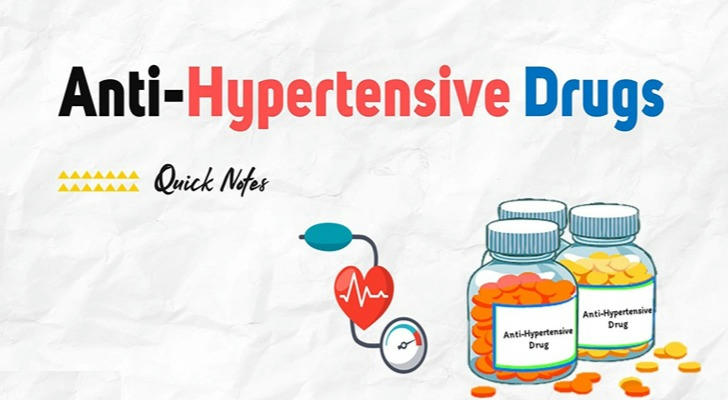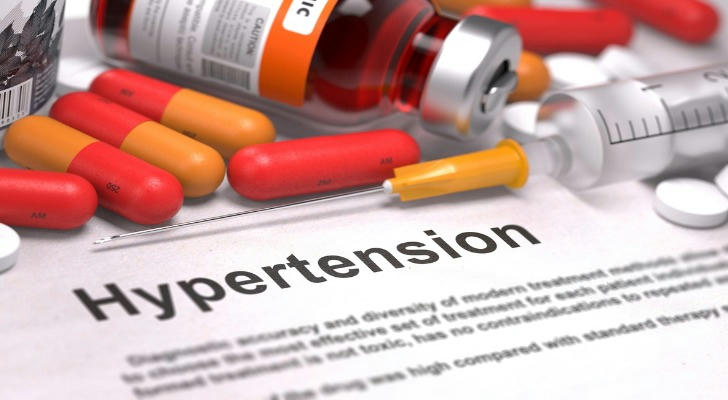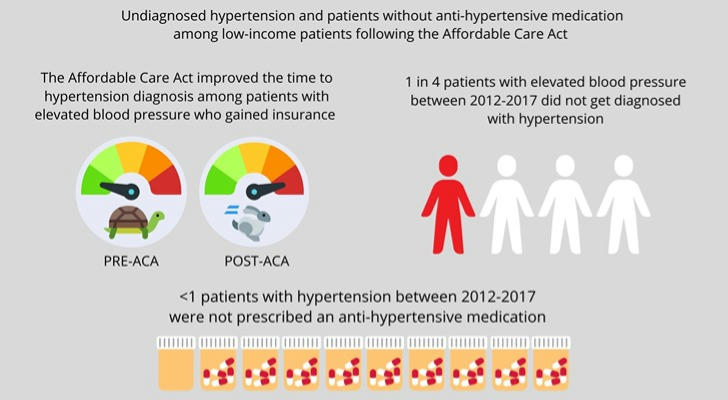Hypertension Medication: Your Path to a Healthier Heart

Hypertension, or high blood pressure, is a common condition that affects millions of people around the world. Often called the "silent killer," hypertension can lead to serious health problems like heart disease, stroke, and kidney issues. The good news is that effective treatments are available. This article will explore different types of hypertension medications, their benefits, important considerations for use, and practical strategies for managing high blood pressure.

Understanding Hypertension
To understand hypertension, it helps to know what blood pressure means. Blood pressure measures the force of blood against the walls of your blood vessels. It's expressed as two numbers: systolic pressure (the top number) measures pressure during heartbeats, while diastolic pressure (the bottom number) measures pressure between beats. A reading of 130/80 mm Hg or higher is usually considered high blood pressure.
I. Types of Hypertension Medications
There are several types of medications used to treat high blood pressure, each working in different ways:
• Diuretics: Often called "water pills," diuretics help your body remove excess sodium and fluid, which lowers blood volume and, consequently, blood pressure. Common examples include hydrochlorothiazide and furosemide.
• ACE Inhibitors: These medications, like lisinopril, block a substance that narrows blood vessels. By relaxing blood vessels, they help lower blood pressure.
• Calcium Channel Blockers: Medications such as amlodipine prevent calcium from entering the heart and blood vessels, allowing them to relax. This action also lowers blood pressure.
• Beta-Blockers: Drugs like metoprolol reduce heart rate and the strength of heart contractions, making it easier for the heart to pump blood and lowering blood pressure.
• ARBs (Angiotensin II Receptor Blockers): Similar to ACE inhibitors, ARBs like losartan prevent blood vessels from narrowing, helping to keep blood pressure in check.
II. Benefits of Hypertension Medications
The main goal of hypertension medications is to lower blood pressure, which can significantly reduce the risk of serious health issues. Studies show that managing high blood pressure can lower the risk of heart disease and stroke by 30% to 50%.
Many people notice immediate benefits from these medications. For example, Lisa, a 45-year-old teacher, reported feeling more energetic after starting a diuretic. This boost in energy allowed her to engage more actively in family activities, demonstrating how effective treatment can enhance daily life.

Important Considerations When Using
I. Hypertension Medications
While hypertension medications are generally effective, it's important to keep a few things in mind:
• Consult Your Doctor: Work closely with your healthcare provider to find the right medication and dosage for you. Avoid changing your treatment plan without professional advice.
• Regular Monitoring: Keep track of your blood pressure readings. Regular monitoring helps you and your doctor see how well the medication is working and make necessary adjustments.
• Be Aware of Side Effects: While many people tolerate hypertension medications well, some may experience side effects like dizziness or fatigue. Discuss any concerns with your doctor.
• Lifestyle Changes: Combining medication with healthy lifestyle choices can boost its effectiveness.
II. Practical Strategies for Managing Hypertension
Implementing practical strategies can make a big difference in controlling high blood pressure:
• Dietary Changes: Following the DASH (Dietary Approaches to Stop Hypertension) diet, which emphasizes fruits, vegetables, whole grains, and low-fat dairy, can lower blood pressure. Cutting down on sodium is also very effective.
• Regular Exercise: Aim for at least 150 minutes of moderate aerobic activity each week. Brisk walking, cycling, and swimming can improve heart health and help maintain a healthy weight.
• Stress Management: Incorporate relaxation techniques like yoga, meditation, or deep breathing into your daily routine. Reducing stress can help lower blood pressure.
• Medication Adherence: Establish a routine for taking your medications. Using pill organizers or setting reminders can help ensure you take them consistently.
III. Real-Life Success Stories
Hearing success stories can inspire others facing similar challenges. David, a 50-year-old graphic designer, shared how starting an ACE inhibitor changed his life. Not only did his blood pressure drop, but he also felt motivated to exercise regularly, leading to better overall health.
Similarly, John, a recent retiree, found that his energy levels improved after starting a calcium channel blocker. He felt more capable of enjoying his hobbies, like gardening and hiking, which he had struggled with before.
Conclusion
Hypertension doesn't have to control your life. With the right medications and lifestyle changes, you can effectively manage your blood pressure and improve your quality of life. If you or someone you know is dealing with high blood pressure, consult a healthcare provider to discuss treatment options tailored to your needs. By taking proactive steps toward managing your health, you can pave the way for a healthier, happier future. Don't let high blood pressure define your life—empower yourself with knowledge and action.
